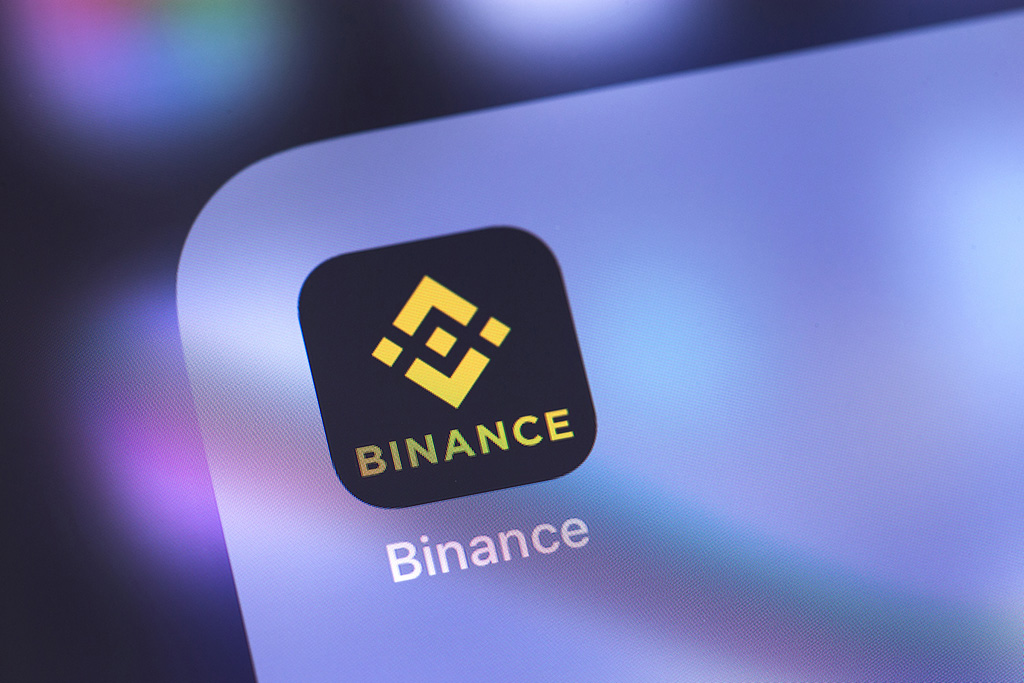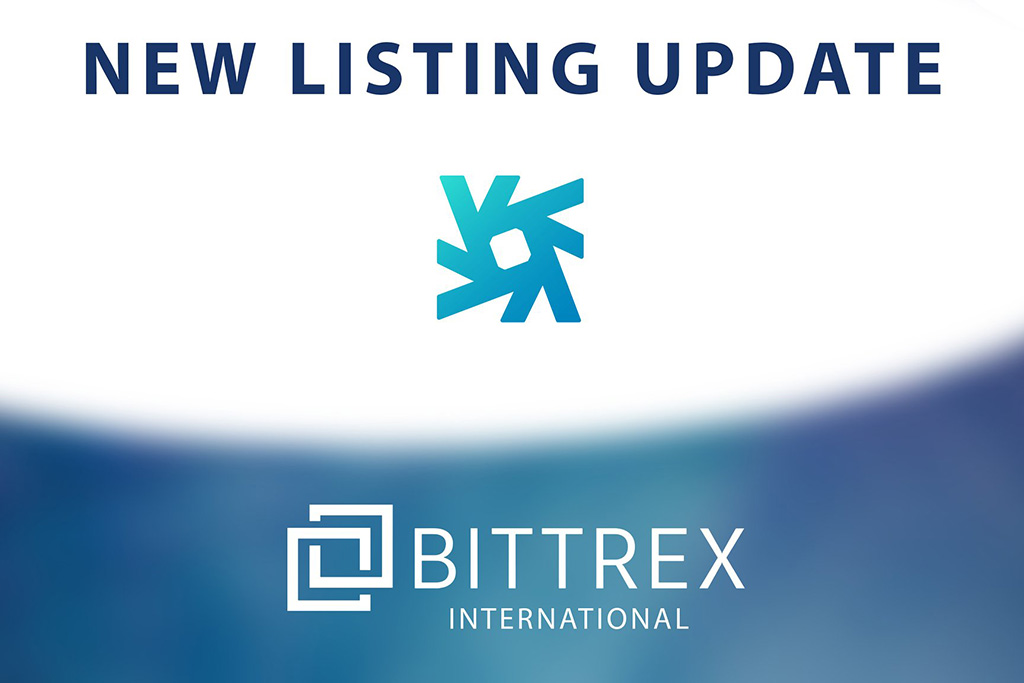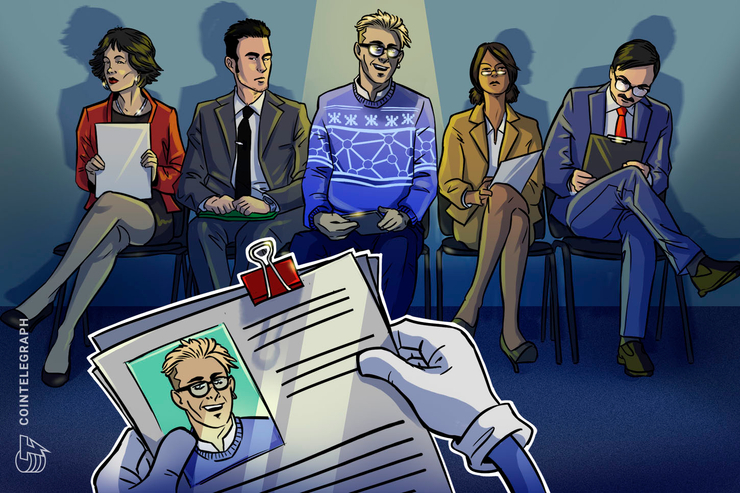16
Binance / Will Indian users be next on Binance’s ban list?
« on: June 26, 2019, 03:51:26 PM »
Changpeng Zhao aka CZ, CEO of Binance, organized an AMA and addressed rumors regarding the recent shutdown of Binance for U.S.-based users, while also talking about the announcement of Binance U.S.
Binance recently updated its internal policy which made U.S. users and any other users violating these terms unable to deposit funds or cryptocurrencies on the exchange. It reported that all users who do not comply with these policies by September 12 “will not be able to trade or deposit funds on Binance.com.”
This issue caused a lot of rumors to erupt as people speculated that other countries might also be under the risk of getting their accounts banned due to government policies. CZ addressed these rumors in his AMA, stating that this was just a rumor and should be treated as such.
“I think you can use common sense to judge the situation. As I said we always want to be compliant with most jurisdiction, so if you live in countries that have aggressive limitations on its citizens, then you are at risk, but if you live in countries that is relatively open and historically does not have this kind of issues with other websites then you are okay.”
He further added that if users reside in a country that attacks companies for providing services to its citizens, then they are at the risk of a shutdown whereas others have no reason to be worried about.
Since this remark is very vague and far-fetched and in light of recent rumors which speculate that an alleged draft bill in India is set to ban cryptocurrency trading, Binance could in the future impose the same restrictions on Indian users. However, this is a very big “if” and a massive speculation, one that should be taken with a pinch of salt.
Link



 Latest news:
Latest news: 





 Shop
Shop












